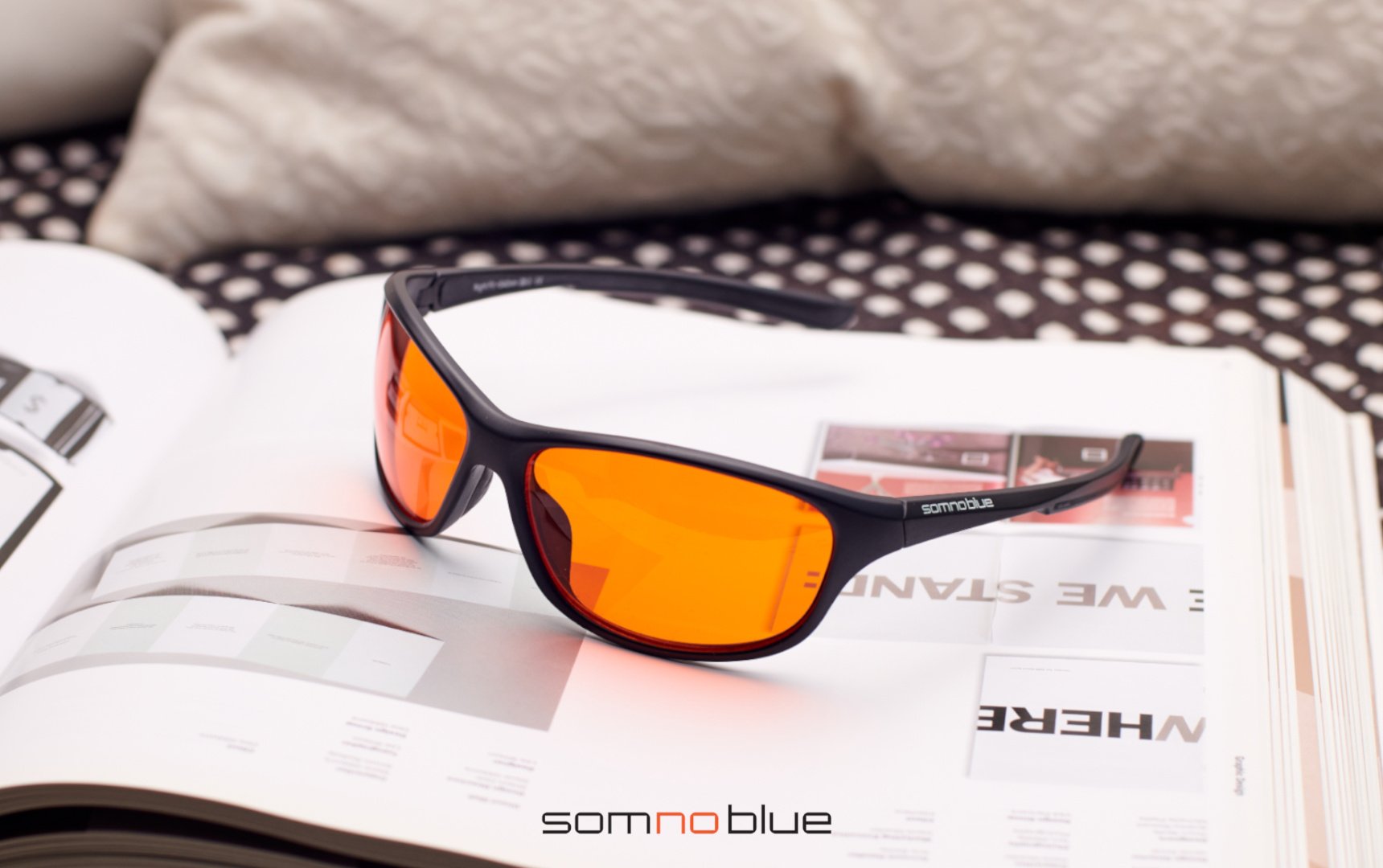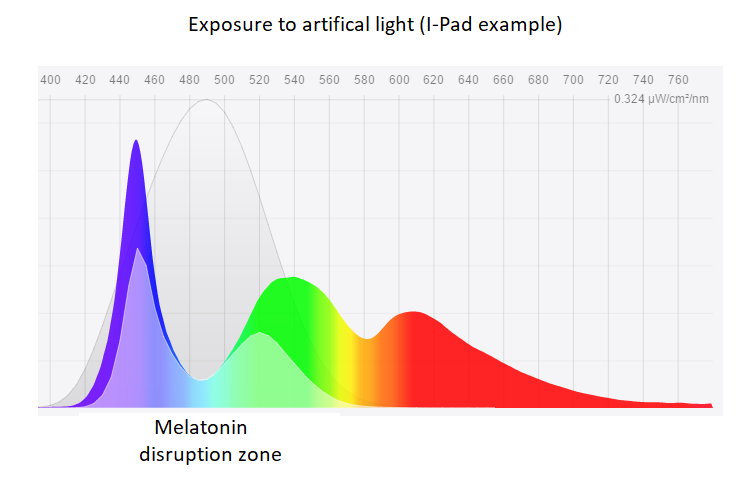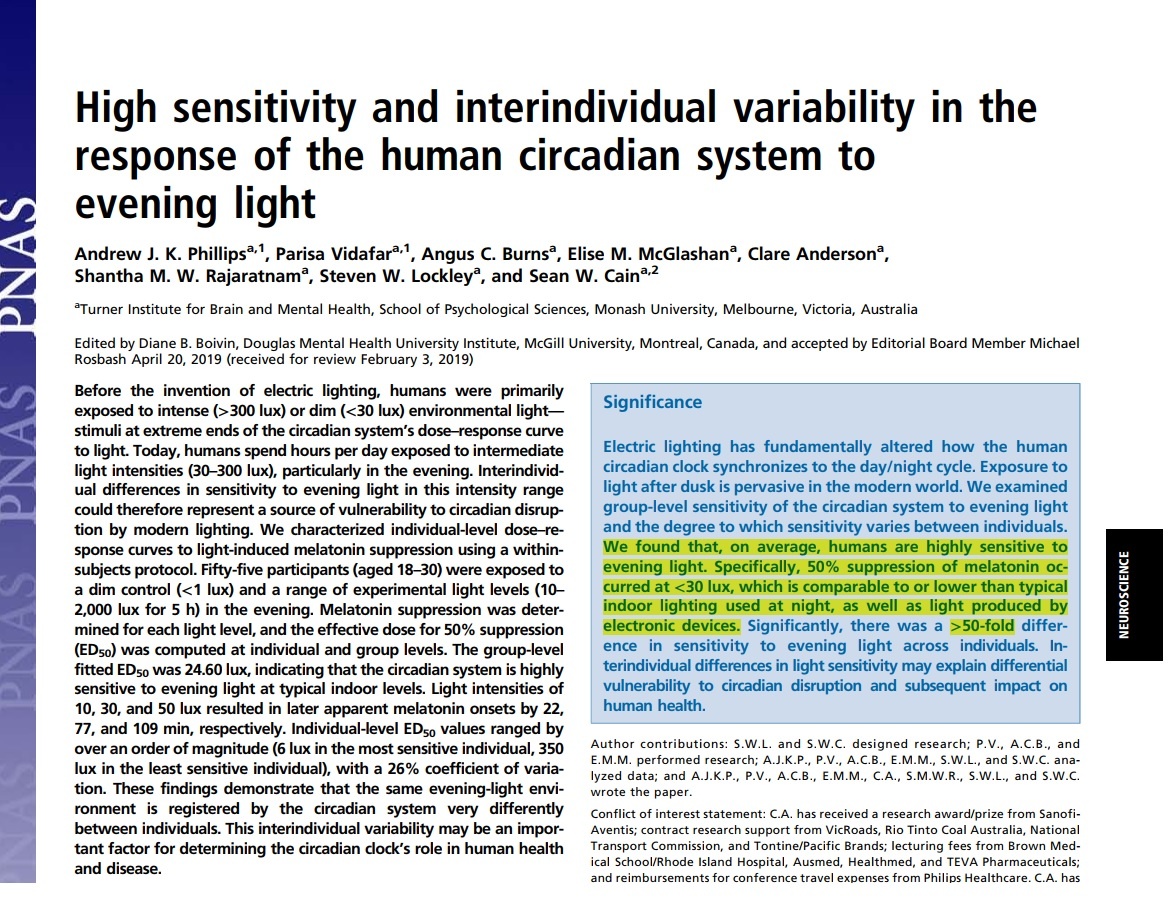Menu
- Benefits
- Video
- The science
- Our products
- Workshops
- About us
- ES
- Somnoblue blog
- Dark therapy for bipolar disorders
- Our workshops and Somnoblue sleep glasses at the Intensive Care departments of Maasstad and Haga Hospital
- Our glasses applied to reduce shift-Work Fatigue in the Petroleum Industry
- How Somnoblue can help to enhance performance and process safety in high-hazard industries
- Somnoblue for better sleep for night-shift workers








